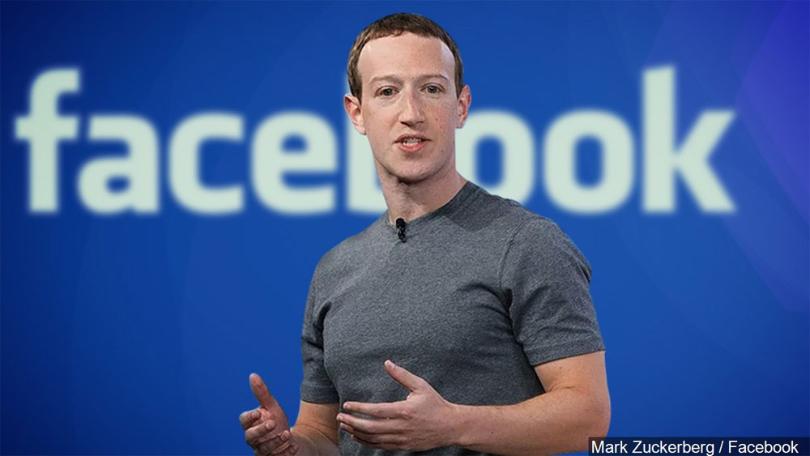It has been more than a decade since Mark Zuckerberg introduced the world to his newly built social media tool called Facebook. This social networking website made substantial changes in our daily lives, it impacted almost every aspect of human to human interaction. The number of users have grown exponentially since its public introduction and now covers almost one-third of humanity. Zuckerberg ambitiously claimed that his aim is to connect the entire world. In order to do so, he also acquired some other popular social networking sites and messaging apps like Whatsapp and Instagram.
After a decade of unhindered growth, now Facebook is facing some issues. It has many records of creating history and now it has added one more to its list- the biggest stock-market wipeout in American history. This could happen on Thursday if the 24% tumble in Facebook’s stock in after-hours trading is replicated in the regular New York session. Its market capitalization plummeted late Wednesday, at one point by about $151 billion, as sales and user growth disappointed investors. Market capitalization (market cap) is the market value of a publicly traded company’s outstanding shares. Market capitalization is equal to the share price multiplied by the number of shares outstanding. A move of that magnitude on Thursday would likely be the largest ever loss of value in one day for a US-traded company.
Back in the depths of the tech bust, Intel Corp. lost about $91 billion in 2000. Exxon Mobil Corp., already reeling from the financial crisis and recession in October 2008, lost $53 billion one wretched Wednesday that month. Therefore even the second largest wipeout in stock markets lost almost 60 billion less than Facebook. Facebook ended the after-hours session down 20% at $173.50, a loss of about $126 billion in market cap, having declined as much as 24% earlier.
The company also missed its revenue targets because of second-quarter sales and user growth that fell short of analysts’ projections. Missing the financial targets are rare for Facebook. Its problems started over the data privacy issue when it was found that many companies like Cambridge Analytica are targeting users by analyzing their political affiliations. This was followed by Facebook’s Chief Executive Officer Mark Zuckerberg testifying before US Congress for hours on the company’s missteps. The data privacy issues hurt the users as well as investors confidence in the company. So, the user growth of Facebook has stagnated and the users are now more cautious in their posts. The time spent by an average user on Facebook has also come down. These statistics are enough for the highly volatile capital to pull out of Facebook. Hence, the money will be further pulled out of Facebook by investors. The social network still holds one of the world’s most valuable sets of data on what people are interested in and makes audience easily available to advertisers. The company remains in a dominant position in mobile advertising alongside Alphabet Inc.’s Google.
